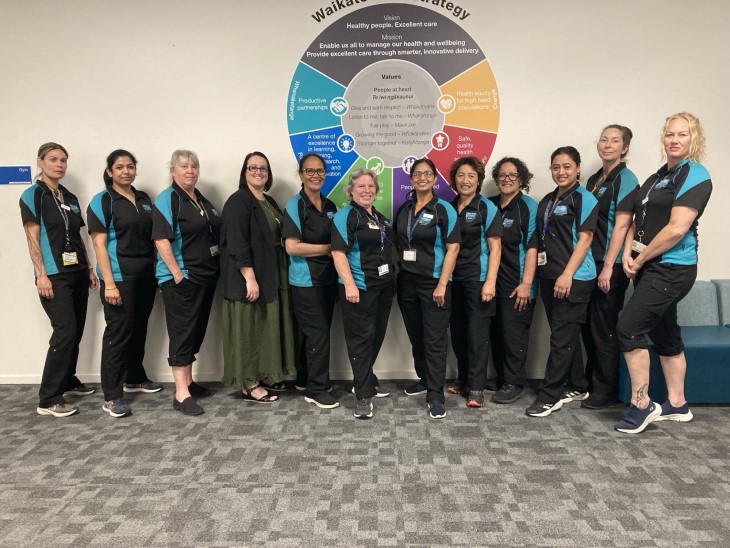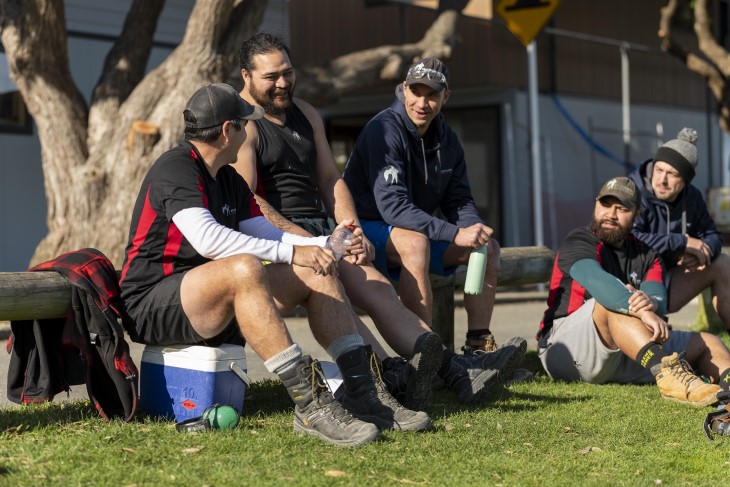Becoming a vocational medical assessor – variety and an extra income
Are you a medical practitioner who is keen to add some variety to your work, travel to other parts of the motu, earn additional income and help injured people return to their jobs? If so, then we’d love to hear from you at ACC.
We’re seeking professionals to provide Vocational Medical Services (VMS) to our clients. This service is for clients who can’t go back to work due to their injury or whose vocational recovery is not straightforward, meaning additional guidance is needed.
Our VMS contract is an opportunity to provide clinical leadership, timely and responsive clinical advice, and support to a client through their vocational rehabilitation journey.
Dr Rod Nicholson has acted as a VMS assessor with ACC for 25 years and believes there are many benefits to the role.
“I particularly enjoy the patient contact,” he says.
“In general practice, I didn’t like the time pressure of having a 15-minute consultation, where you’re racing to get everything done.
“The beauty of the vocational medical assessments is that you can allocate a good hour. You’ve got time to learn more about the patient, their life circumstances and their condition – that’s a rarity in the medical profession.”
Rod says the financial aspect is an obvious bonus, but it’s the lifestyle and flexibility that comes with being a VMS assessor that he most relishes.
“I’ve got young children, they’re both at school now but I always took Mondays off to spend time with them and have continued to do that,” he explains.
“I have two days set aside for the ACC assessments and spend the rest of the week dealing with referrals from other avenues, such as insurance companies or anyone else who might want someone assessed.
“I can easily take school holidays off because I just don’t book any appointments during those times. The work/life balance is amazing and I always emphasise that when I talk to people who might be interested in doing occupational medicine.
“You can regulate your hours and take time off whenever you want. There’s no on-call, weekend or night work – that’s a big plus.”
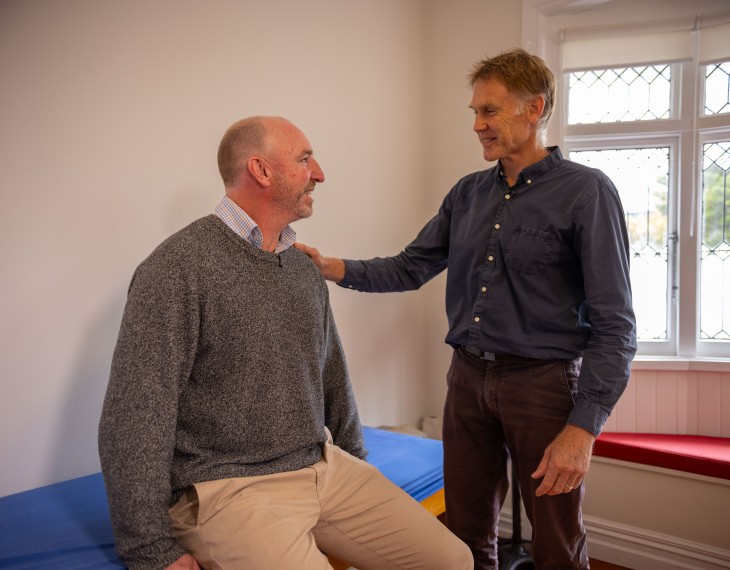
Enjoying a varied and interesting career
Rod has led a varied professional life since kicking off his career as a general practitioner.
He enjoyed working in general practice but found the workload demanding, so jumped at an opportunity to become a civilian doctor with the New Zealand Army in Auckland. Part of his time with the army included a stint living in Waiouru before he decided to move to Wellington for a change in lifestyle.
Around this time, he first heard about the specialty of occupational medicine, which involves the study and practice of medicine related to the effects of work on health, and vice versa.
After moving to the capital, he came across a colleague who was doing vocational medical assessments for ACC. The nature of the mahi appealed to Rod so he decided to look into it.
“I ended up continuing with my occupational medicine studies, doing the exams and specialising in that,” he recalls.
“I started doing the ACC assessments around the turn of the millennium and have done them ever since, putting aside two days a week.”
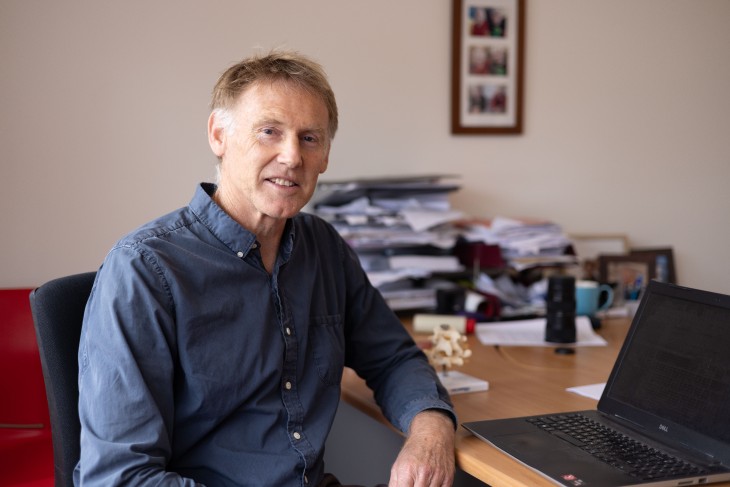
The need to be empathetic and relatable
In addition to the required medical knowledge and experience, Rod says showing empathy and being personable are the keys to performing well in the VMS role.
“You’ve got to be able to relate to the person and get on the same wavelength, so they’ll open up and feel they can trust you,” he says.
“You’re often seeing this person on only one occasion so you’ve got to quickly try and build up a rapport with them, otherwise they’re going to put a wall up.”
Rod struggles to think of any downsides to the role, other than keeping on top of the necessary admin and dealing with the odd disgruntled patient.
“Occasionally, you get some clients who are unhappy with ACC or about needing to have the assessment. But that can happen with any situation and can often be resolved by allowing them to voice their concerns and then discuss those issues,” he says.
“That’s why it’s important to have those people skills.”
An opportunity to travel
Now based in Auckland again with his young whānau, Rod spends some of the spare time the VMS role affords him playing sport. Tennis and rowing are his codes of choice, while he’s also a budding beekeeper on the side and is part of a book club.
He also enjoys travelling, and says the opportunity to spend time in other parts of the country is another appealing aspect of being a VMS assessor with ACC.
“At the moment, I go to three locations regularly – Palmerston North, Whanganui and Gisborne – and I’ve travelled to other regions in the past,” he says.
“I normally go in and out on the same day but you could potentially have a week of travelling if you wanted. There’s that flexibility to choose when and where you want to go and for how long.
“For the people who are doing general practice, it can provide them with a bit of variety, and a nice change from their day-to-day work.”
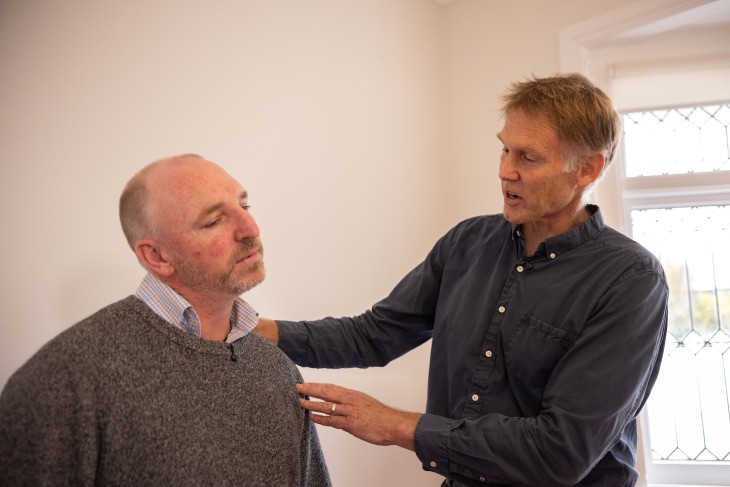
A chance for career progression
Becoming a VMS assessor is also a good move in terms of career progression, as it adds another string to a medical practitioner’s bow and can lead to further opportunities.
As chair of the New Zealand Occupational Medicine Faculty, Rod is well placed to advise on that.
“We’re always interested in recruiting new registrars who want to specialise in occupational medicine. A large chunk of our work involves doing ACC assessments, so it’s a good opportunity to get experience and become involved,” he says.
“A lot of young doctors have their hearts set on traditional hospital specialties like surgery and cardiology, but occupational medicine can also be rewarding and offers a great lifestyle.”
If you’re interested in becoming a Vocational Medical Services (VMS) assessor with ACC, you can find out more on our website.
Vocational Medical Services – Help get people back into work after an injury




